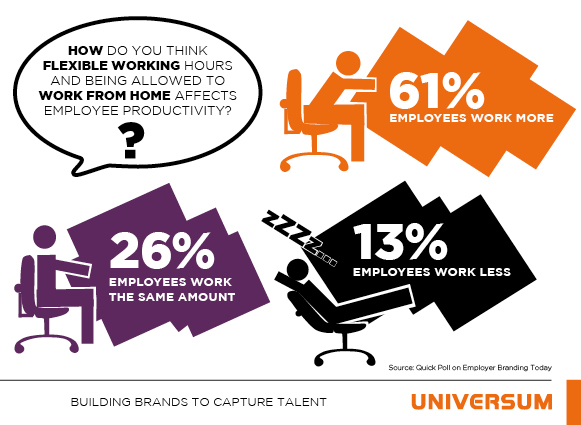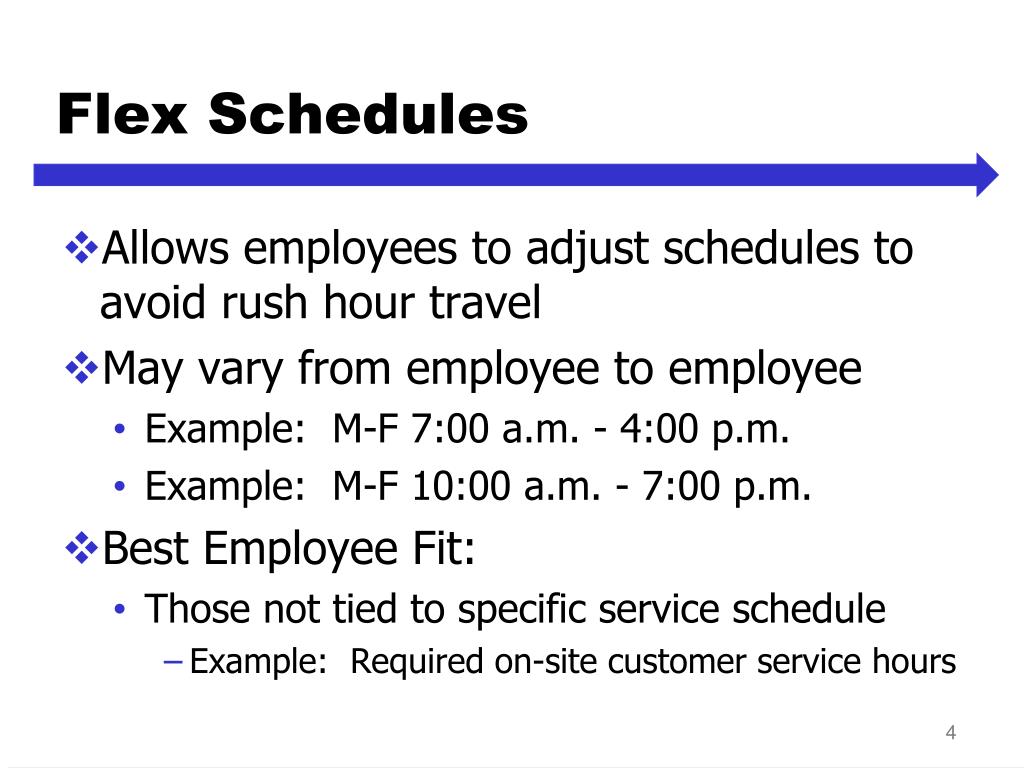


A 4 day work week would promote an equal workplace as employees would be able to spend more time with their families and better juggle care and work commitments.

Research on the Gender Pay Gap from the Government Equalities Office shows that roughly two million British people are not currently in employment due to childcare responsibilities and 89% of these people are women. On the other hand, Japan, a nation notoriously known for overworked employees, ranks as the 20th out of 35 countries for productivity. The results from this study are relatively unsurprising given that some of the world’s most productive countries, like Norway, Denmark, Germany and the Netherlands, on average work around 27 hours a week - the same hours proposed for a UK 4 day work week. Employees also experienced less stress with a decrease of 45% to 38%. Not only did employees maintain the same productivity level, but they also showed improvements in job satisfaction, teamwork, work/life balance and company loyalty.
#Flextime pros and cons trial#
New Zealand based company, Perpetual Guardian, conducted a trial study of a 4 day work week. Overworked employees are actually less productive than employees working an average or normal working week. Increased ProductivityĪn in-depth examination of the relationship and productivity conducted by Sanford University revealed a clear correlation between the two factors. However, some companies are already trialling the idea with promising results for both employees and employers. What are the Benefits of a 4 Day Work Week?Ī 4 day work week is a relatively new concept, brought about largely due to recent advancements in technology. Reducing our current work week to 28 hours isn’t nearly as radical. By the mid-20th century, manufacturing employees only worked 40 hours a week. In 1890, the United States government estimated that a full-time employee within a manufacturing plant worked an average of 100 hours a week. So, the employee would work around 28 hours over four days and have a three-day weekend.Ī 4 day work week may seem like a radical idea, but we’ve gradually reduced the number of hours worked within a typical work week since the late 19th century. A four day work week isn’t a compressed work schedule, but rather reduced hours. You may already know someone that works compressed hours and as such works full-time over 35 hours over 4 days. Join us as we take a closer look at some of the benefits and disadvantages associated with a 4 day work week. Even better, reducing employees’ work schedules to a 4 day work week doesn’t harm their productivity or company output. Not only does a 4 day work week increase employee satisfaction, company commitment and teamwork, but it also decreases stress levels. Some companies, like Perpetual Guardian from New Zealand, are already realising the benefits of a 4 day work. In fact, TUC thinks that a 4 day work week could become a reality within this century if businesses are forced to share the benefits of new technology with their employees. Within the near future, we’re likely to see an increase in remote and more flexible work schedules like the 4 day work week. As we explored in one of our other recent blog articles, technological developments could make it possible for employees to accomplish the same amount of work in less time and still ensure customers are supported.ĪI technology will significantly disrupt every aspect of every industry in every country including how and when we work. Why would business owners allow their employees to work only 4 days a week? Won’t the company suffer as a result? Well, you can thank your new robot coworkers. Now, you’re probably wondering how such a favourable situation is even possible.

TUC (Trade Union Congress) is calling on the government to help people work fewer hours while getting paid the same. Have you heard the latest workplace buzz? Gather round the water cooler, the rumours are true - a 4 day work week may soon be a reality.


 0 kommentar(er)
0 kommentar(er)
